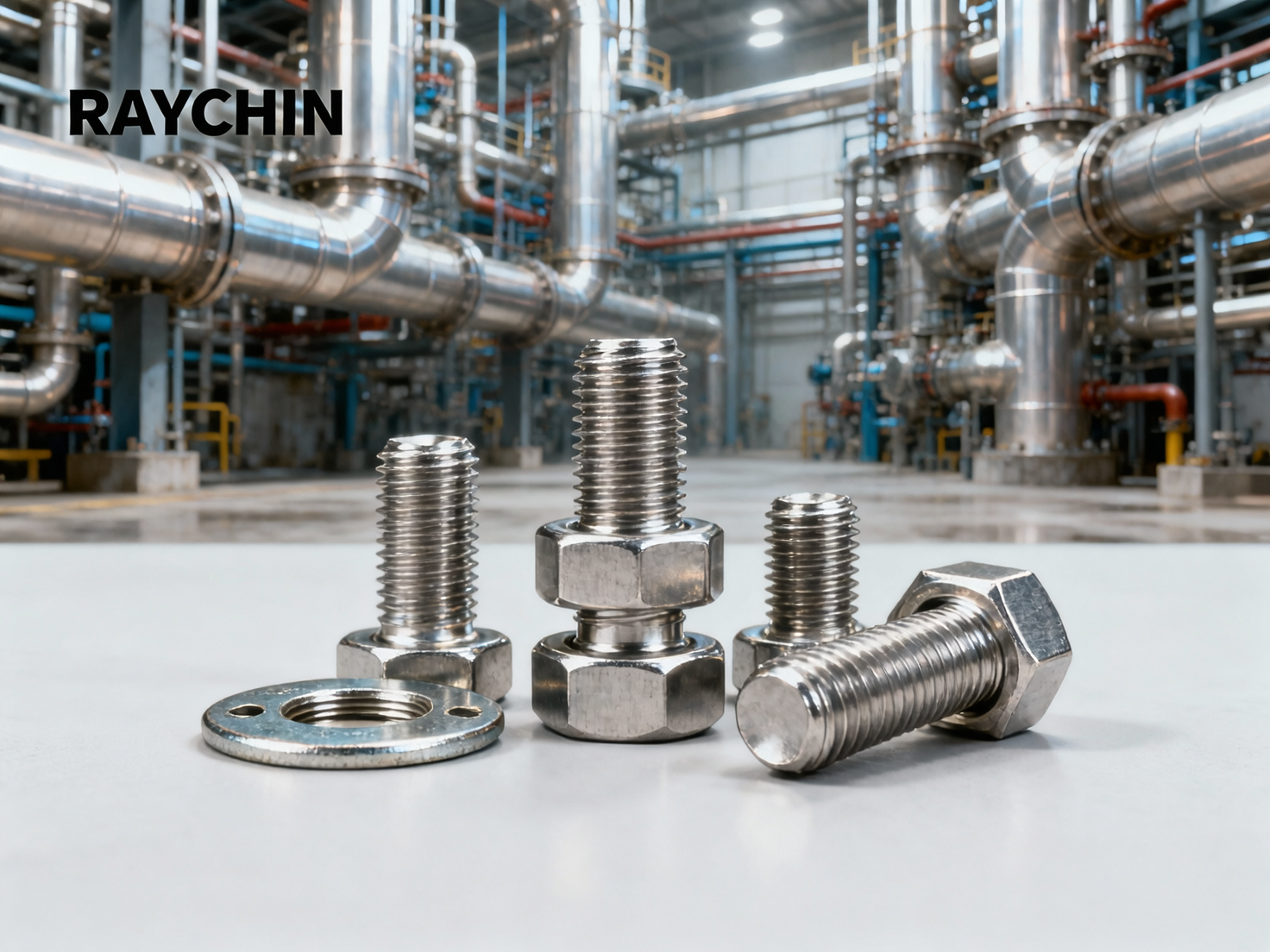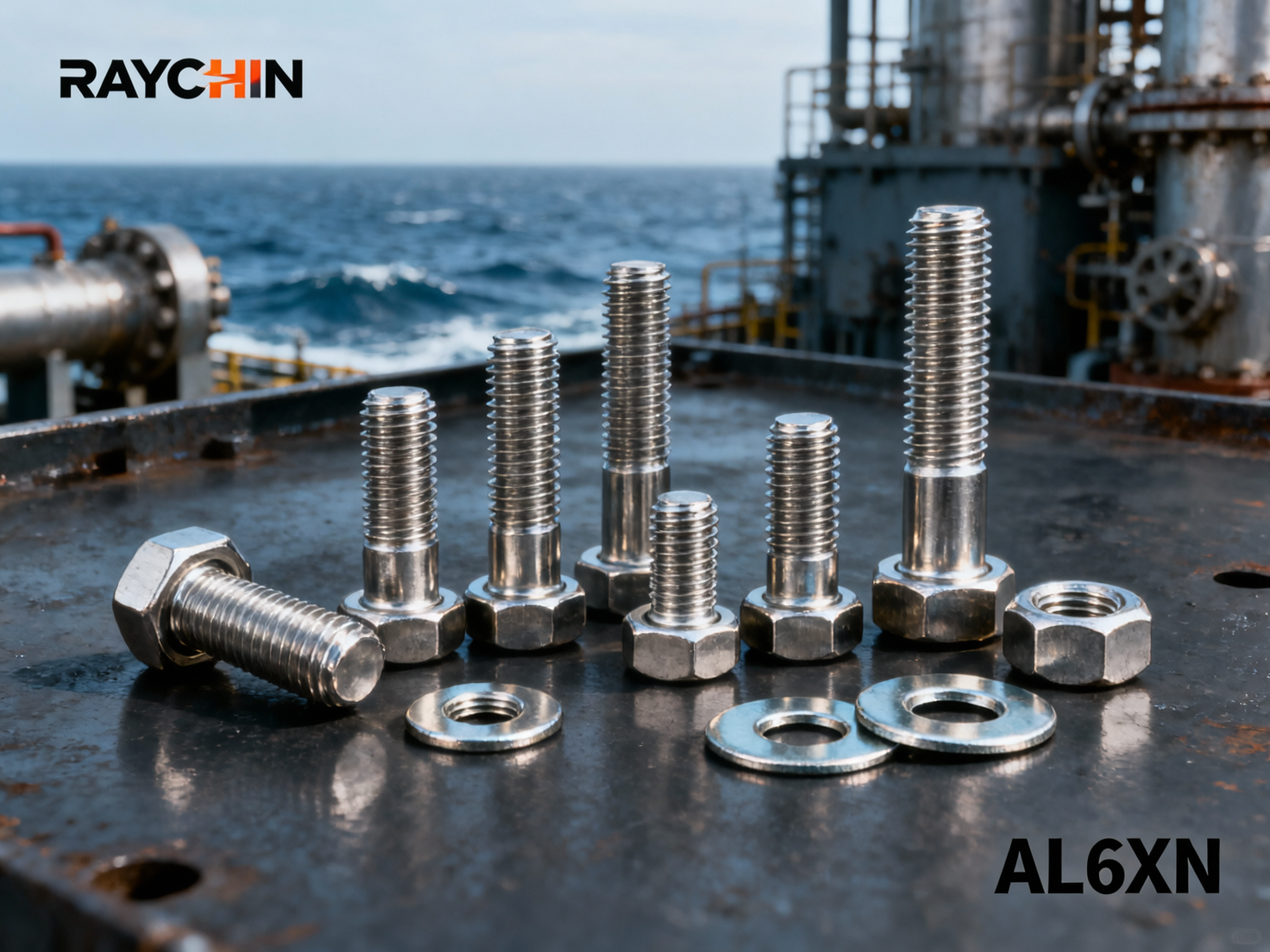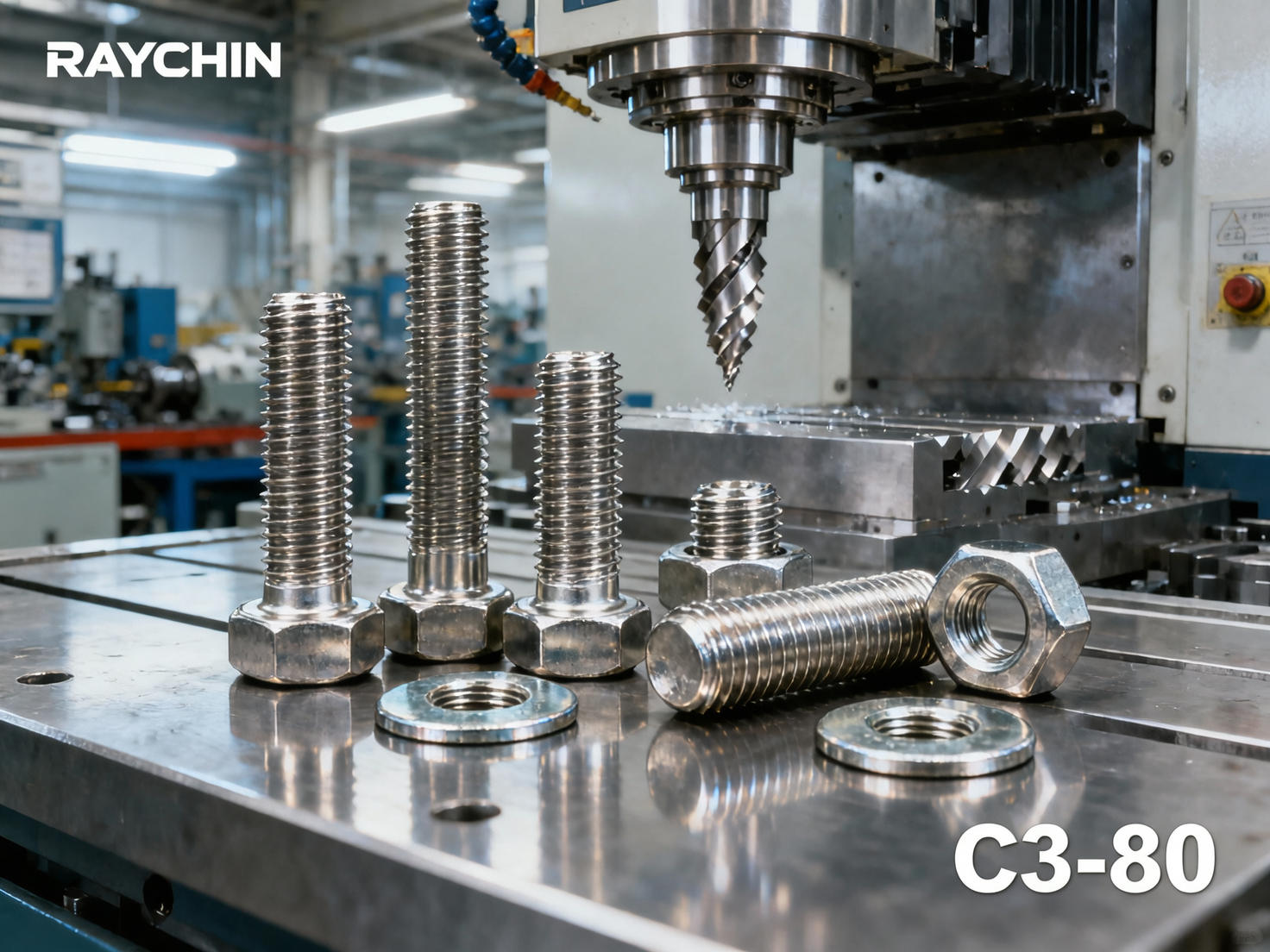Categories List
Recent Posts
![Duplex Stainless Steel Fasteners: The Guide to High-Strength Corrosion-Resistant Fastening Solutions Duplex Stainless Steel Fasteners: The Guide to High-Strength Corrosion-Resistant Fastening Solutions]() Duplex Stainless Steel Fasteners: The Guide to High-Strength Corrosion-Resistant Fastening Solutions
Duplex Stainless Steel Fasteners: The Guide to High-Strength Corrosion-Resistant Fastening Solutions![AL6XN Fasteners: The Guide to Super-Austenitic Stainless Steel Solutions for Severe Chloride Environments AL6XN Fasteners: The Guide to Super-Austenitic Stainless Steel Solutions for Severe Chloride Environments]() AL6XN Fasteners: The Guide to Super-Austenitic Stainless Steel Solutions for Severe Chloride Environments
AL6XN Fasteners: The Guide to Super-Austenitic Stainless Steel Solutions for Severe Chloride Environments![C3-80 Fasteners: The Complete Guide to Martensitic Stainless Steel Solutions for General Corrosion Resistance C3-80 Fasteners: The Complete Guide to Martensitic Stainless Steel Solutions for General Corrosion Resistance]() C3-80 Fasteners: The Complete Guide to Martensitic Stainless Steel Solutions for General Corrosion Resistance
C3-80 Fasteners: The Complete Guide to Martensitic Stainless Steel Solutions for General Corrosion Resistance
Inconel Fasteners: The Future of High-Temperature Solutions
When operating temperatures exceed 1000°F (538°C), ordinary steel fasteners begin losing structural integrity while Inconel bolts maintain over 85% of their room-temperature strength. This remarkable performance stems from the nickel-chromium superalloy's unique molecular structure, making Inconel fasteners the undisputed choice for extreme environments.
1. The Metallurgical Advantage of Inconel Fasteners
Unlike conventional fasteners that rely on carbon steel, Inconel nuts and bolts derive their exceptional properties from a precise alloy blend typically containing:
- 58% Nickel (corrosion resistance foundation)
- 20-23% Chromium (oxidation barrier)
- 8-10% Molybdenum (creep resistance)
- 3-5% Niobium (strength enhancement)
1.1 Temperature Performance Comparison
At 1500°F (816°C), a standard Grade 8 bolt retains just 15% of its tensile strength, while an Inconel 718 stud bolt maintains 75% strength. This performance delta becomes critical in applications like:
- Gas turbine combustion chambers
- Nuclear reactor coolant systems
- Oil refinery cracking units
2. Application-Specific Fastener Solutions
2.1 Inconel Bolts for Aerospace
Jet engine manufacturers require fasteners that withstand both extreme heat and vibration fatigue. Inconel 625 bolts meet these demands with:
- Cyclic fatigue resistance 3x greater than titanium
- Oxidation resistance up to 1800°F (982°C)
- Consistent performance across thermal cycles
2.2 Inconel Washers in Chemical Processing
The chemical industry benefits from Inconel washers' unique combination of properties when handling corrosive media:
3. Engineering Considerations
While Inconel fasteners offer superior performance, engineers must account for these material-specific factors:
3.1 Galling Prevention
The same nickel content that provides corrosion resistance makes Inconel nuts prone to galling. Best practices include:
- Using anti-galling coatings like PTFE or molybdenum disulfide
- Specifying coarse threads for easier assembly
- Maintaining proper lubrication during installation
3.2 Thermal Expansion Management
Inconel's coefficient of thermal expansion (7.8 µin/in-°F) differs significantly from carbon steel (6.5 µin/in-°F). This requires:
- Precise joint design calculations
- Compensation for differential expansion in mixed-material assemblies
- Proper torque specifications at operating temperatures
4. Cost-Benefit Analysis
While Inconel fasteners carry a 5-8x premium over carbon steel, their total cost of ownership often proves lower through:
- Extended maintenance intervals (3-5x longer service life)
- Reduced downtime for replacements
- Elimination of catastrophic failure risks
For example, a petrochemical plant reported 87% reduction in flange bolt replacements after switching to Inconel stud bolts in their high-temperature exchangers.
5. Sourcing Quality Inconel Fasteners
When procuring Inconel fasteners, verify these critical quality indicators:
- Mill test reports confirming alloy composition
- ASTM/ASME certification for high-temperature applications
- Proper heat treatment documentation
- Surface finish specifications (32-64 µin for most applications)
Leading manufacturers now offer digital traceability for each fastener batch, allowing engineers to verify material pedigree throughout the supply chain.
Request A Quote! We'll respond as soon as possible(within 12 hours)
Get a Quote



